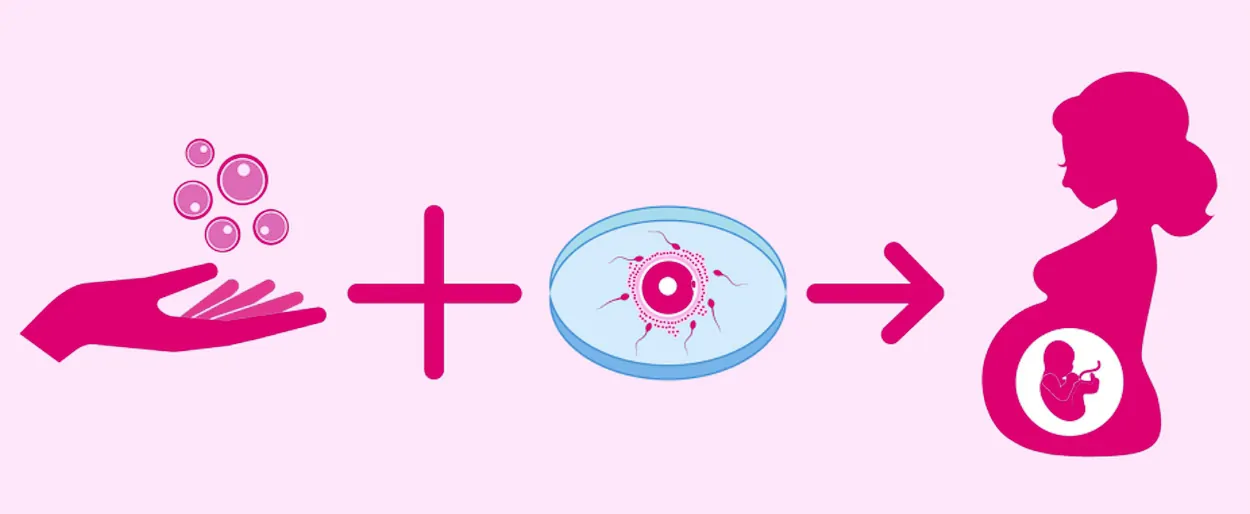

Egg donation involves a woman contributing eggs for the assisted reproduction of another woman. Typically occurring through in vitro fertilisation (IVF), where the eggs are fertilised in a laboratory, or via a natural IVF cycle, this method is categorised as third-party reproduction within assisted reproductive technology (ART). The inception of egg donation dates back to 1983 in Australia when the first child was born through this technique. Previously, infertile couples often turned to adoption to realize their dreams of parenthood. However, with advancements in IVF and egg donation procedures, the act of donating eggs has become a prevalent and widely accepted practice.
The evolution of the donor egg IVF process in India involves extracting eggs from the donor's ovaries, fertilizing them in the laboratory (similar to standard IVF), and then implanting the fully-developed embryo into the ovaries of the intended mother, rather than the woman who provided the eggs. This innovative approach offers intended parents the invaluable opportunity to experience pregnancy and give birth to their own biological child. The egg donor IVF process in India is typically carried out through two main methods – Egg Donor or Natural IVF cycle.
Using Donor eggs (Stimulated IVF cycle)
The egg donor receives fertility drugs to stimulate ovary function, leading to the production of multiple eggs. Once the eggs reach maturity, they are extracted and fertilized within a laboratory dish. Subsequently, the fertilized eggs undergo culturing for 2-3 days in the laboratory. Following this, one embryo culturing is conducted, and the healthiest, most suitable embryos are carefully selected. These chosen embryos are then implanted into the uterus of the intended woman, with the aim of achieving optimal pregnancy success rates.
Using Natural IVF
The process of Natural IVF treatment in India closely resembles traditional IVF treatment. A notable benefit of natural IVF is the absence of fertility drugs used for ovary stimulation, eliminating the need for medications to induce egg production. Due to the lack of pharmaceutical intervention, only one egg is typically produced per cycle. However, it's important to note that the success rates for Natural IVF treatment in India are comparatively lower when compared to stimulated IVF cycles.
What does the Egg Donation process involve?
- Evaluating potential Egg Donors for suitability.
- Establishing consent agreements between the Egg Donor and the Intended Parents.
- Synchronizing the reproductive cycle of the intended parent with the egg donor.
- Inducing ovary stimulation.
- Retrieving eggs.
- Fertilizing eggs to form embryos.
- Transferring embryos to the Intended Parent.
Egg Donor Database at Hope Fertility Bank
Hope Fertility Bank stands as a renowned egg donation agency in India, establishing a notable presence in the field of reproductive medicine with remarkable success rates. Finding suitable egg donors in Delhi can be a time-consuming endeavor for many parents. This is precisely why, at Hope Fertility Bank, we boast an extensive donor database. Our commitment is to ensure that you receive the most suitable and healthy egg donor, facilitating your journey to parenthood. The donor database at Hope Fertility Bank provides a comprehensive background of the egg donor, encompassing personal and family details. Our aspiration at Hope Fertility Bank is to offer not only the finest Egg Donation IVF treatment but also world-class services and facilities. To explore our detailed egg donor database, we invite you to visit our website and click on "Egg Donor Database.
Cost of Egg Donor IVF Process
At Hope Fertility Bank, we assure you of a cost-effective egg donor IVF process coupled with high success rates. We are committed to ensuring that your egg donation IVF treatment is both a secure and successful experience.
